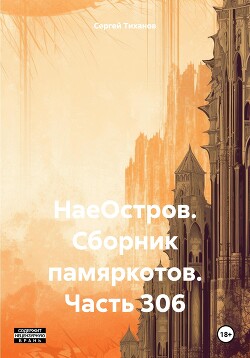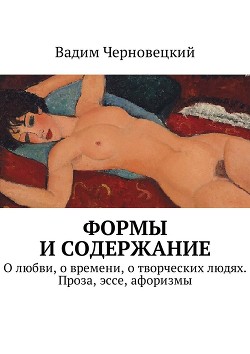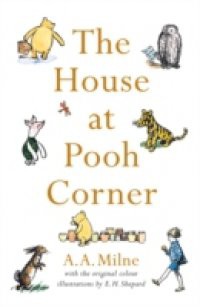In this illuminating study of a vital but long overlooked aspect of Chinese religious life, Jimmy Yu reveals that in the sixteenth and seventeenth centuries, self-inflicted violence was an essential and sanctioned part of Chinese culture. He examines a wide range of practices, including blood writing, filial body-slicing, chastity mutilations and suicides, ritual exposure, and self-immolation, arguing that each practice was public, scripted, and a signal of cultural expectations. Individuals engaged in acts of self-inflicted violence to exercise power and to affect society, by articulating moral values, reinstituting order, forging new social relations, and protecting against the threat of moral ambiguity. Self-inflicted violence was intelligible both to the person doing the act and to those who viewed and interpreted it, regardless of the various religions of the period: Buddhism, Daoism, Confucianism, and other religions. This book is a groundbreaking contribution to scholarship on bodily practices in late imperial China, challenging preconceived ideas about analytic categories of religion, culture, and ritual in the study of Chinese religions.




 1 (1)
1 (1) 













